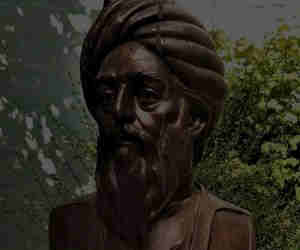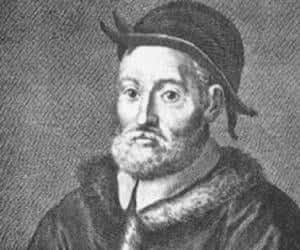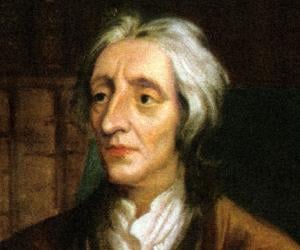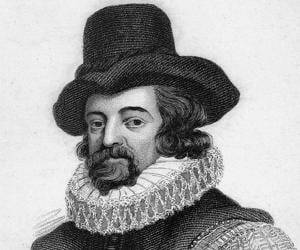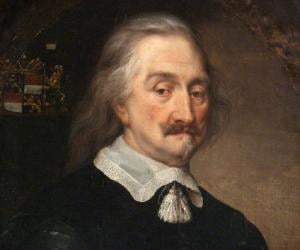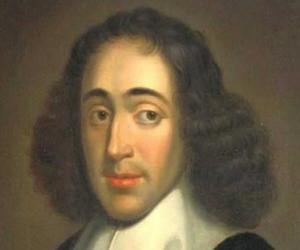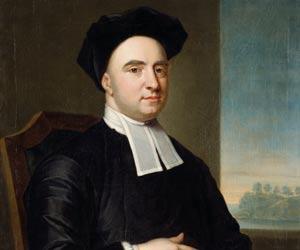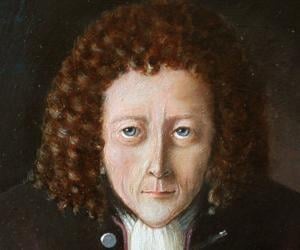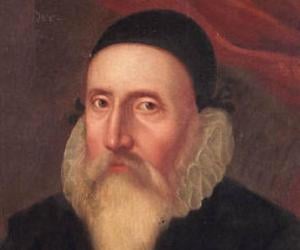Francis Bacon was a Renaissance philosopher and author who was known as the Father of Empiricism, because of his belief in the scientific method and theory that scientific knowledge can only be created through inductive reasoning and experience. He was later knighted and served as the first Queen's counsel.
Thomas Hobbes was an English philosopher. Widely regarded as the co-founder of modern political philosophy, Hobbes is best known for his influential book Leviathan. Apart from political philosophy, Thomas Hobbes also contributed immensely to various other fields, such as ethics, theology, geometry, history, and jurisprudence.
George Berkeley was an Anglo-Irish philosopher who is credited with popularizing a theory called immaterialism, which claims that material substance like tables and chairs can't exist without being perceived by the mind. Berkeley influenced several philosophers like David Hume. Also remembered for his humanitarian work, George Berkeley worked towards creating homes for abandoned children in London.
Scientist Robert Hooke, also called England's Leonardo, initially gained recognition as an architect, conducting surveys following the Great Fire of London. He also taught geometry and was part of the Royal Society. He assisted Robert Boyle and eventually developed his own microscope, thus becoming the first to visualize micro-organisms.
Anglo-Welsh mathematician, occultist, astronomer, teacher, astrologer and alchemist John Dee is best-remembered as advisor to Queen of England, Elizabeth I. Dee coined the term British Empire and advocated its formation by founding of English colonies in the New World. He had one of the largest libraries in England at the time and wrote on astrology, geography, trigonometry, navigation and calendar reform.
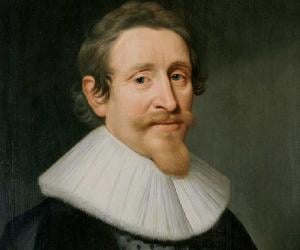
Best known for his iconic book De jure belli ac pacis, or The Rights of War and Peace, Hugo Grotius was a Dutch humanist and author, who had also been a jurist. Due to his involvement in the Calvinist debate, he was exiled to France, where he penned most of his significant works.
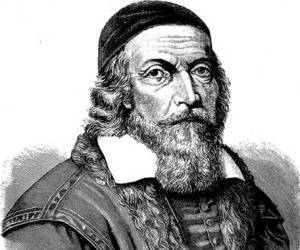
John Amos Comenius was a Czech philosopher, theologian, and pedagogue. Regarded as the father of modern education, Comenius is credited with introducing many educational concepts and innovations such as education for women, equal opportunity for poor children, and universal and practical instruction among other innovations. He also led schools and served as an adviser for governments across Protestant Europe.
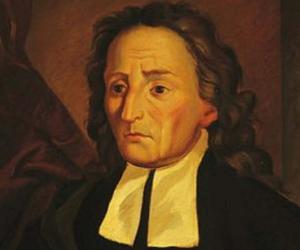
Italian philosopher Giambattista Vico is regarded as a pioneer of what is now known as cultural anthropology, or ethnology. He brought together history and the social sciences in his work Scienza nuova. A poor bookseller’s son, he studied by candlelight but grew up to be a major Counter-Enlightenment figure.

Mexican nun Juana Inés de la Cruz was one of the finest authors of the Latin American colonial era. Initially the lady-in-waiting of Mexico’s viceroy, she later took her vows. She built a huge library and penned masterpieces such as the poem Primero sueño and the religious drama El divino Narciso.
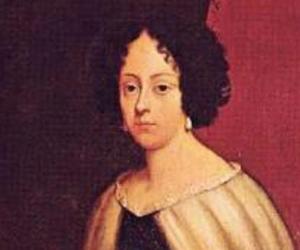
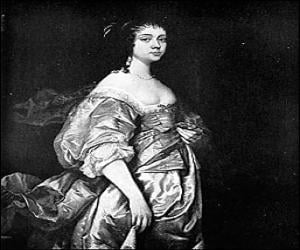
Lady Margaret Lucas Cavendish was an English poet, philosopher, playwright, fiction writer, and scientist. Margaret, who had the audacity to publish her works without using a pen name at a time when female writers remained anonymous, was ahead of her time. Not surprisingly, she was considered eccentric and earned the nickname Mad Madge. Her works gained popularity in the 1980s.
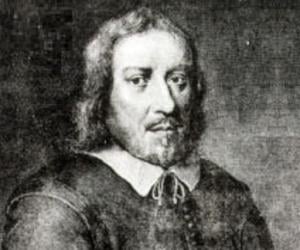
German mystic and philosopher Jakob Böhme is best remembered for his works such as On the Election of Grace and Mysterium Magnum. While he was initially a shoemaker’s apprentice, he later focused on studies on mysticism and free will. He inspired both German idealism and romanticism greatly.
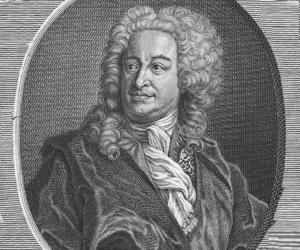
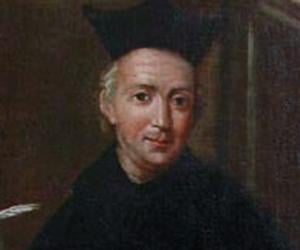
Spanish baroque author and philosopher Baltasar Gracian was a leading proponent of the conceptismo style. Inspired by his priest uncle, he took Jesuit vows. His notable works include Subtlety and the Art of Genius and the three-part novel The Critick, with the latter written under a pseudonym.
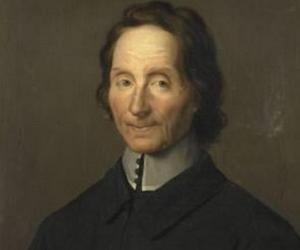
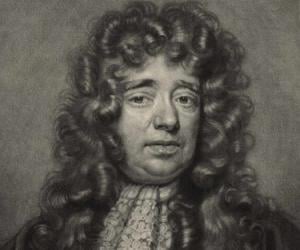
Initially a physician and anatomy professor, William Petty also taught music. However, he later established himself as a noted economist and became famous for his works such as Treatise of Taxes and Contributions. He was a surveyor under Oliver Cromwell and was a pioneer of political arithmetic.
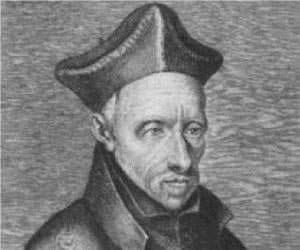
Spanish Jesuit priest, philosopher, and theologian Francisco Suárez was born to an affluent lawyer and had initially studied law. However, he joined the Jesuits later, following which he taught philosophy and theology. Known for writing Disputationes Metaphysicae, he was a prime figure of the School of Salamanca movement.
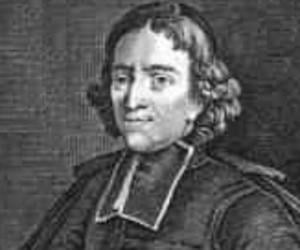
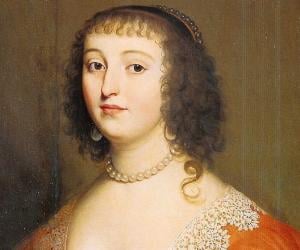
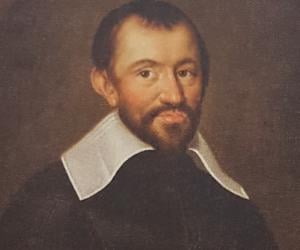
French Catholic priest and astronomer Pierre Gassendi is remembered for his efforts to reconcile atomism with Christian ideals and for his anti-Aristotelianism. His studies included research on Epicurean philosophy. Apart from observing the transit of Mercury, he also studied the speed of sound and horizontal momentum.
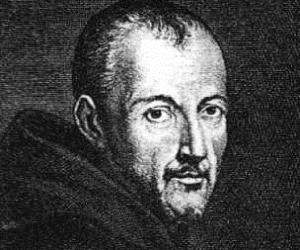
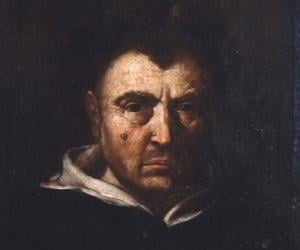
Tommaso Campanella was an Italian Dominican friar, philosopher, astrologer, and poet. His heterodox views often brought him into conflict with the authorities, and he was imprisoned for several years. In prison, he wrote The City of the Sun, a utopia describing an egalitarian theocratic society. He also defended astronomer Galileo Galilei in his first trial.
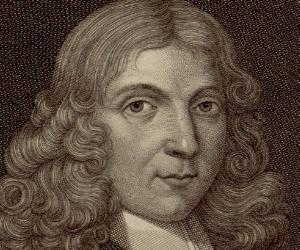

Shaykh Ahmad Sirhindi was an Indian Islamic scholar. A member of the famous Naqshbandī Sufi order, Sirhindi was widely known as a reviver for his work in resurrecting Islam during Mughal Emperor Akbar's reign. He is also remembered for his contributions to Sufi practices and epistemology. There is a shrine named Rauza Sharif dedicated to Sirhindi in Sirhind, Punjab, India.
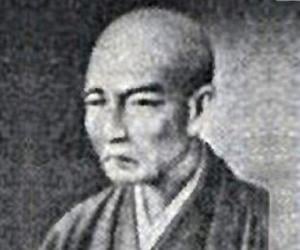
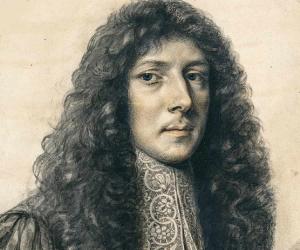
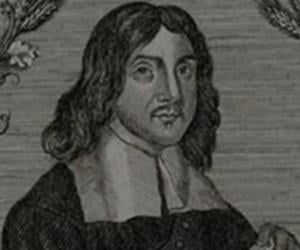
Protestant reformer Gerrard Winstanley is best known for leading the Diggers, a group of English agrarian communists. Initially a cloth merchant, he was later drawn to communism, believing that land should be available to the poor, and penned The Law of Freedom in a Platform. He also advocated for universal religious tolerance.
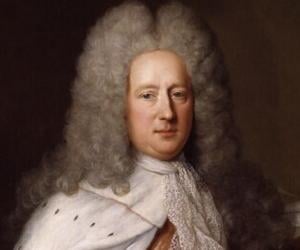
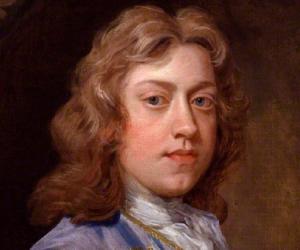
Anglo-Dutch social philosopher Bernard Mandeville is best remembered for his satirical work The Fable of the Bees. A qualified physician just like his father, he later settled in London, where he gained fame with his writings. He believed that even the most negative actions are capable of producing positive outcomes.
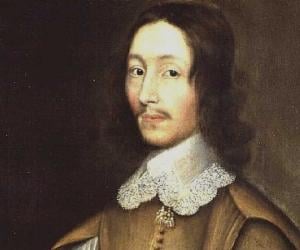
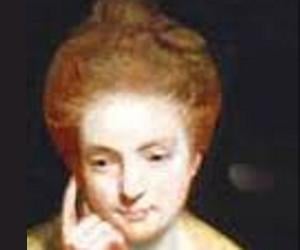
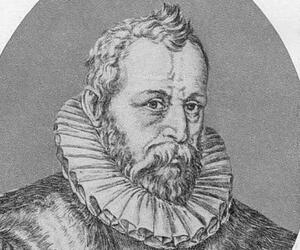
Belgian scholar Justus Lipsius chaired history and philosophy at the University of Jena and was later associated with the universities of Leiden and Leuven. His works mostly revolved around the revival of Stoicism, which led to the Neostoicism movement. His best-known works include De constantia and Politicorum libri sex.
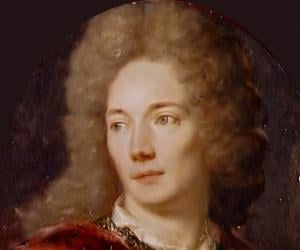
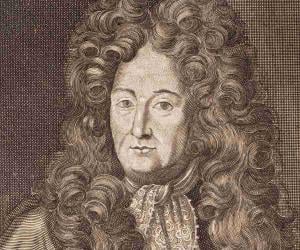
Samuel von Pufendorf was a German jurist, economist, political philosopher, and historian. Among Pufendorf's major achievements are his revisions and commentaries of the natural law theories of Hugo Grotius and Thomas Hobbes. In Germany, Samuel von Pufendorf is best remembered as a precursor of an intellectual and philosophical movement called the Age of Enlightenment.
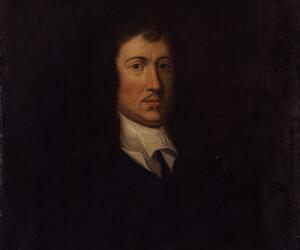
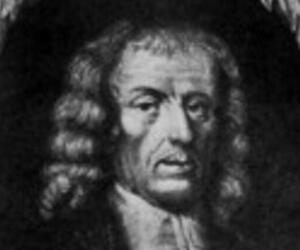
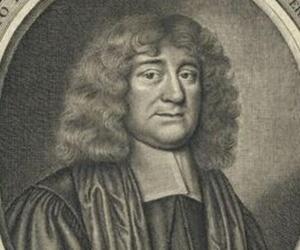
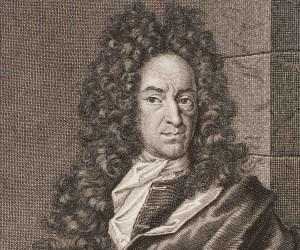
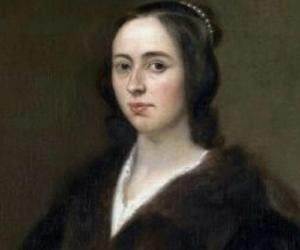
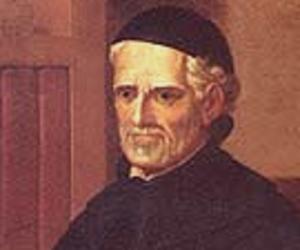
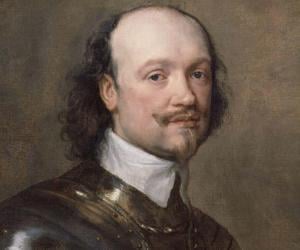
Apart from being a diplomat, Kenelm Digby was also a renowned philosopher and astrologer. Though he had enrolled in Oxford, he quit without a degree. One of the greatest Catholic intellectuals of his time, he also served as a privateer and then as a naval administrator.

English philosopher Edward Herbert, 1st Baron Herbert is regarded as the father of English Deism. Best remembered for his iconic work De Veritate, he had also penned a revealing autobiography. A talented lute player, too, he had also composed several musical pieces. He had also been a soldier and a diplomat.
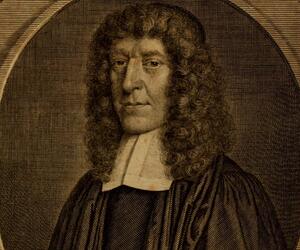
Anglican clergyman and Ralph Cudworth was also a philosopher of ethics and a leading figure of Cambridge Platonism. One of his most notable works was The True Intellectual System of the Universe. He was a major critic of philosopher Thomas Hobbes’s views that equated morality to obedience.
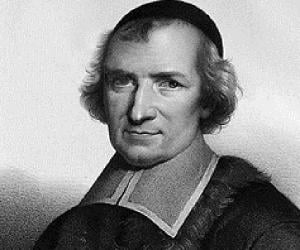

Baha' al-din al-'Amili was an Arab Iranian Shia philosopher, Islamic scholar, architect, astronomer, mathematician, and poet who flourished in Safavid Iran during the late 16th and early 17th century. Baha' al-din al-'Amili was one of the first astronomers in the Islamic world to advocate the possibility of the Earth's movement before the outspread of the Copernican theory.

